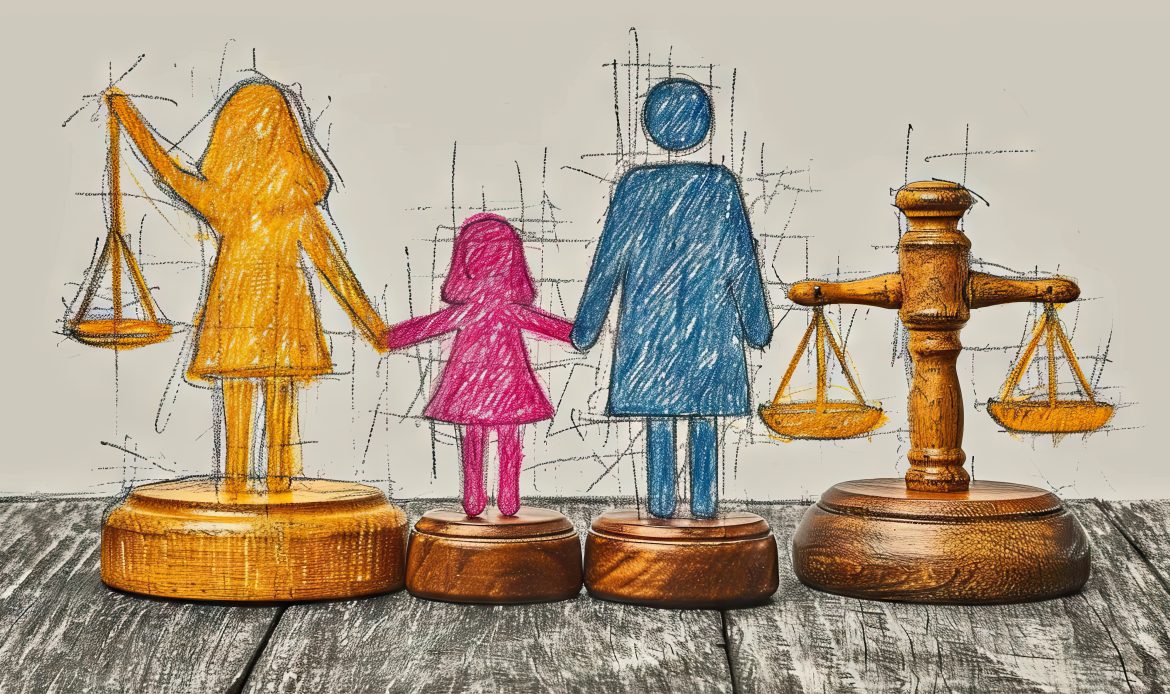Family courts play a crucial role in the legal system. They are specialized judicial bodies solely designed to settle legal cases that occur within the family unit. Such cases include child custody, divorce, domestic abuse, paternity cases, spousal support, guardianship, property division, etc. Their primary aim is to provide a sensitive and efficient resolution to domestic matters.
Family courts promote conciliation and secure the speedy settlement of disputes relating to marriage and family affairs. The Family Court Act was first enacted on the 14th of September, 1984.
Below are the key powers and functions of family courts:
Powers Of Family Court
- Jurisdiction: According to the family courts, they have jurisdiction over various family-related cases, which include:
- Divorce and Separation: Handling the legal dissolution of marriages and related issues such as alimony and property division.
- Child Custody and Visitation: Deciding who gets custody of children and the terms of visitation for non-custodial parents.
- Child Support: Determining financial support obligations for the upbringing of children.
- Adoption: Legalizing the relationship between adoptive parents and children.
- Domestic Violence: Issuing protective orders and handling cases of abuse within families.
Key Functions of Family Court
The key functions of family courts include:
- Dispute Resolution: Family courts act as mediators in resolving disputes between family members. This can include negotiations over child custody arrangements or property settlements.
- Legal Enforcement: The court enforces legal obligations such as child support payments and compliance with custody agreements. Non-compliance can result in legal penalties.
- Protection of Rights: Ensuring the rights of all family members are protected, especially vulnerable individuals such as children and victims of domestic violence. The court can issue restraining orders and other protective measures.
- Counseling and Support Services: Many family courts provide access to counseling and support services for families undergoing legal proceedings. This can help mitigate the emotional stress associated with family disputes.
- Custody Evaluations and Investigations: In custody disputes, the court may order evaluations and investigations to determine the best interests of the child. This involves assessments by social workers or psychologists.
You may like this: Can Fathers get custody of their children?
Decision-Making Process
Family courts follow a legal process that involves:
- Filing of Petitions: The process starts when a party files a petition regarding a family matter.
- Hearings: The court conducts hearings where both parties can present evidence and arguments. In some cases, mediation may be recommended before a hearing.
- Judgment: Based on the evidence and legal guidelines, the judge issues a judgment. This judgment is legally binding and enforceable.
- Appeals: Parties may appeal the court’s decision to a higher court if they believe there has been a legal error.
Family courts play a very important role in maintaining social order by ensuring that family disagreements are resolved fairly. They provide a structured environment where complex emotional and legal issues can be addressed with the goal of bringing justice within families. The powers and functions of family courts are crucial in handling sensitive family matters with the care and authority needed to protect individuals’ rights and promote harmony within the family.
Find out more on Family Law in Texas


